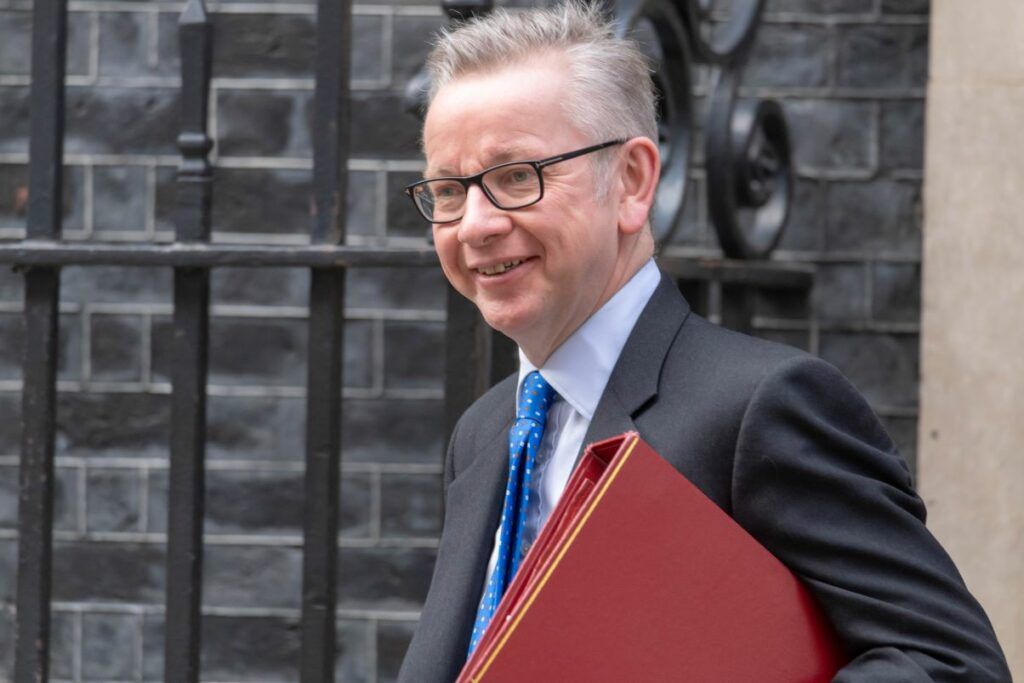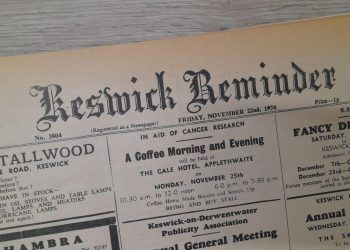
A cabinet minister has said the Government will use its powers to create a mayor of Cumbria.
The county is currently preparing for the biggest change seen in local government since 1974.
The existing county council and six district authorities will be abolished in 2023 and the changes will see Cumberland and Westmorland & Furness becoming the new local authority areas, with the west council governing Carlisle, Allerdale and Copeland; the east council will govern Eden, South Lakeland and Barrow-in-Furness.
Local leaders will be given the chance to bid for a combined mayoral authority, appointing a mayor of Cumbria.
Michael Gove, the Secretary of State for Levelling-Up, Housing and Communities, has said he will use powers to make sure it happens, even if there is some dissent.
The intention to trigger an election for a mayor of Cumbria was revealed during an exchange in the House of Commons as Mr Gove presented his Levelling-Up White Paper.
Carlisle MP John Stevenson said: “In Cumbria, if there is support for a mayoral model but some opposition to it. Will the Government take statutory powers to ensure that the mayoral model prevails?”
Mr Gove replied: “Yes, and I cannot think of a better mayor for Cumbria than my honourable friend.”
Mayor of Copeland Mike Starkie said: “I’ve been probably the longest-term advocate of an elected mayor for Cumbria. I believe the combined authority, the elected mayor model is the best for Cumbria and provides the vehicle for levelling-up.
“I don’t think we need to look any further than what’s been achieved in Tees Valley under Ben Houchen.”
Mr Starkie said that constituencies are better placed to bid for funding and developments under an elected mayor. “What it will do is give Cumbria a place at the top table to make our case. It’s the direction of travel.”
But the county council’s deputy leader, Liberal Democrat Peter Thornton, said: “Most council leaders believe appointing a mayor is an unwanted expense of bureaucracy.”








